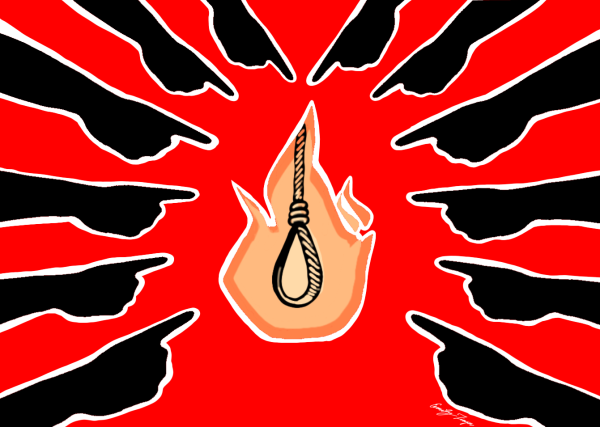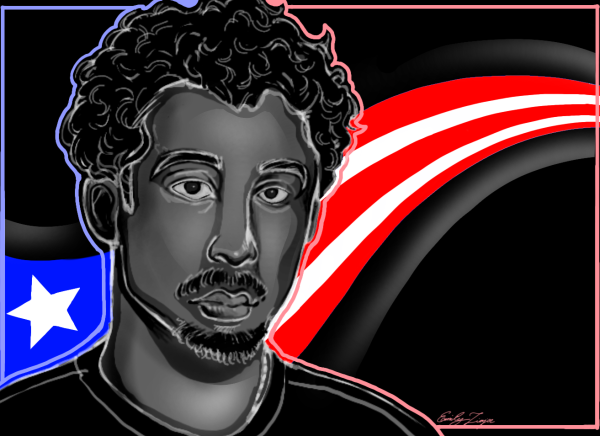Black Lives Matter: always have, always will
Racial injustice is an epidemic. Especially for African Americans, and especially within the police force. Racism is more than mistreatment. It can be deadly, which is why activists created one simple statement to remind everyone of the issue: Black Lives Matter. On Feb. 15, the College of DuPage African American Student Alliance (AASA) brought the Black Lives Matter movement to campus and demonstrated during their advocacy event just how meaningful and powerful this cause really is.
While the concept of defending the lives of black citizens against police brutality is nothing new, the phrase “Black Lives Matter” was coined around November 2014 and has grown in popularity since. It serves as a name for a cause as old as our country itself: black people deserve equal treatment. Although there is no denying we have come a long way since the Civil Rights Movement, there’s still an obvious lack of equality for all races. This disparity has become exceedingly clear over the years, as social media has allowed for pictures, videos and firsthand accounts of police brutality against blacks to be showcased. That’s why the event held by AASA and others like it are so important: they serve as reminders that this ongoing, deadly problem cannot be ignored any longer.
There are those whose automatic impulse upon hearing “Black Lives Matter” is to refute with “all lives matter,” as though the statement’s exclusivity is offensive. Of course all lives matter, but not all lives are being targeted and killed by the people who are hired to protect them. Black Lives Matter isn’t excluding other races; it’s drawing attention to one in particular. Saying that black lives matter is not taking away from the importance of all other lives; it’s reinforcing the idea that black lives matter just as much. It’s a reminder that black lives are human lives—a reminder that we shouldn’t need, but sadly do. If you deny the value of the Black Lives Matter movement because it doesn’t include your race, you’re only confirming the idea that you don’t care about something unless it affects you personally. And sadly, there are many people to whom that statement applies.
If it isn’t declaring that all lives matter, the next most common complaint with the Black Lives Matter movement stems from the assumption that all protests and demonstrations are violent and destructive, such as the Baltimore riots that took place last year. Not only is it racist to assume that black protesters can’t behave civilly, but it is also ignorant given the fact that there are tons of peaceful Black Lives Matter demonstrations taking place across the country. An entire movement cannot be defined by rare cases of violence. The AASA proved that peaceful and meaningful demonstrations are possible and far more common than those where entire cities are torn apart in riots. Those violent protests are extremely destructive and unacceptable, and there is no reason for them to take place. The significance of bringing attention to the Black Lives Matter movement is greater than the few instances of hostility, just as with any other campaign or message.
As we all know, this isn’t the first time in history that injustices for black citizens have been brought to our attention. In fact, it has always been a problem. It was a problem before Martin Luther King Jr. had a dream, it has been a problem since, and it will keep being a problem until something is done to fix it. It is far too common to hear about black men, women and children dying at the hands of the police, and it is far too common that little or nothing is done to punish those responsible. Black lives matter. They’ve always mattered. It’s just that now, we’re finally acknowledging it.








